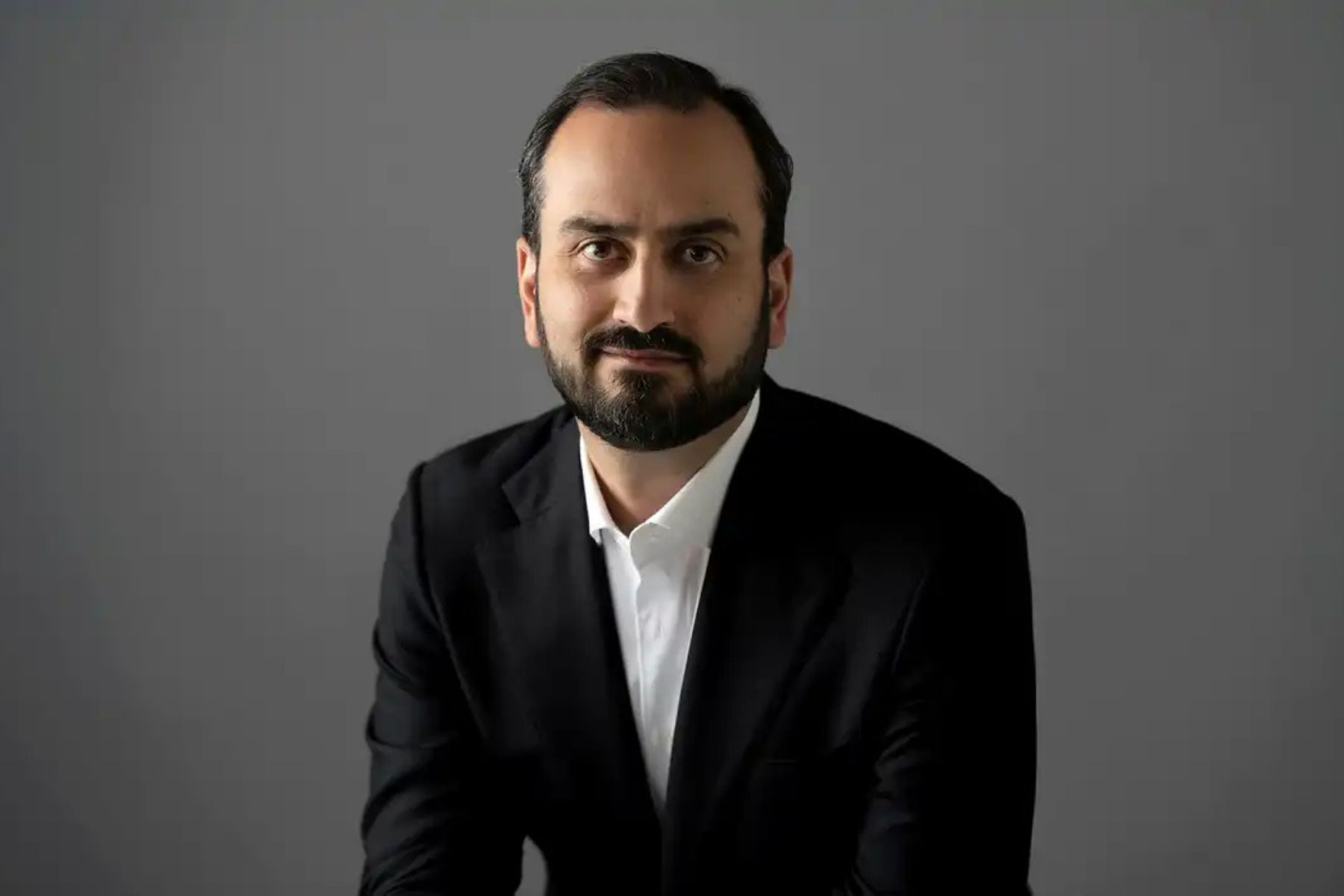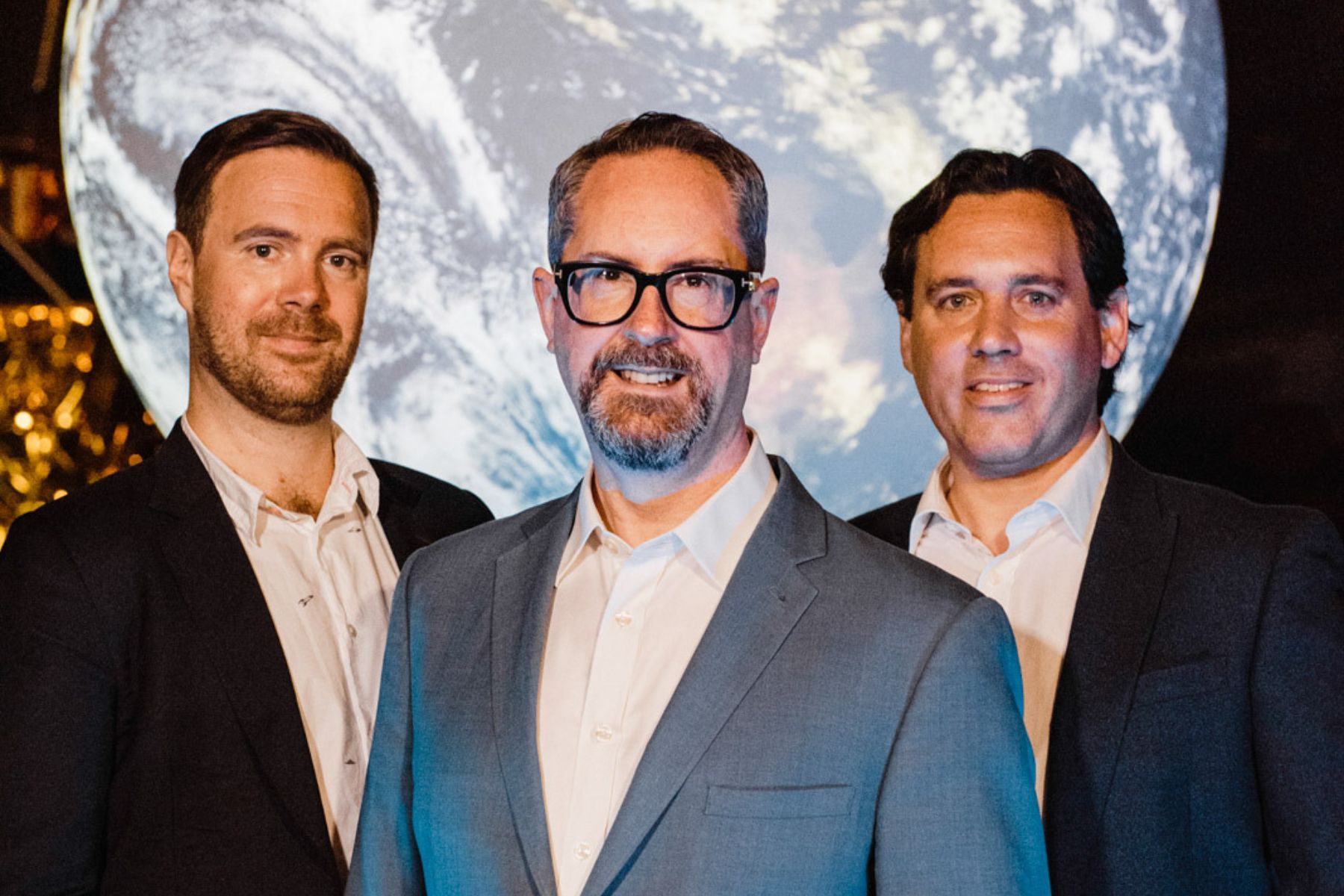The race is on for critical minerals – these impact firms are working to secure the EU's supply

Around Europe a new generation of impact-focussed companies is emerging to help Europe secure supply of critical minerals in a sustainable way. Impact Loop explains what all the fuss is over CRMs, and takes a look at some of the leading companies in the field.


Critical raw materials (CRMs), also known as critical minerals, are in high demand. These materials - minerals and metals such as graphite, lithium, cobalt, and platinum group metals – have become subject to ever more strict export controls in recent months, amid a global race to secure them for green and digital transitions and defence applications.
The EU, for its part, has made it clear it intends to secure supply with its Critical Raw Materials Act (CRMA), which is intended to both secure outside partnerships for steady imports, and build up Europe’s capacity to produce its own.
Critical raw materials: Emphasis on 'critical'
Most readers with an interest in the green transition will be familiar with CRMs for their use in batteries, particularly in smartphones and, perhaps most importantly, electric vehicles.
“We really see electrification of road transport as key to the transition,” says Emily Ritchey, policy manager on supply chains for the Brussels-based clean energy advocacy group Transport and Environment. “We need a large amount of critical minerals to meet our transition needs.”
But the criticality of these materials goes far beyond just batteries. They are used for “a wide range of applications and technologies needed to decarbonise energy,” says Edoardo Righetti, researcher at the Centre for European Policy Studies’ Energy, Resources and Climate Change Unit. These applications include use in wind turbines, generators, and heavy industry applications like electrolysers and fuel cells.
“If we want to decarbonise, we need to get this stuff out of the ground,” Righetti tells Impact Loop.
The traditional method for acquiring CRMs – mining- is associated with all kinds of environmental impacts, including land degradation, pollution and biodiversity loss, as well as the social impacts of conflict and exploitation often seen in the countries where they are extracted. These issues need to be addressed, says Ritchey, in order to make sure Europe’s efforts to secure CRMs align with sustainability goals.
Analysts say they see great potential for addressing these issues - and securing supply - through innovative methods for extraction, as well as circular economy solutions.
When it comes to recycling, Ritchey says there is potential but notes that at the moment many EU-based circular economy companies are struggling to secure the feedstock they need, in the face of cheaper processing costs in the much more mature South Korean recycling sector.
“I think we have advanced, a lot of (the) technologies exist,” says Ritchey, “but it's maybe more on the scaling-up and making them economically viable and competitive.”
The CRM innovators
Around Europe there is a new generation of impact-focussed companies emerging to secure the continent supply of the critical minerals it needs.
Sitting in his office on the outskirts of Tallinn, Sebastian Pohlmann explains how the company he’s CTO of, UP Catalyst, takes carbon atoms from C02 and transforms them into graphite via a process of electrolysation.
Graphite is an irreplaceable building material for lithium-ion batteries, Pohlman tells Impact Loop. “You can build one without cobalt. You can build it with relatively low amounts of lithium, even. But graphite is the bulk of the battery.”
UP Catalyst can take its feedstock of C02 from emitters like biogas plants, waste incinerators, or plants for cement or aluminium. This has the dual benefit of creating graphite while reducing C02 emissions for heavy industry sectors which struggle to electrify. UP Catalyst – a strategic partner under the EU’s CRMA – received an €18m ($20m) loan from the European Investment Bank in 2025 and plans to have its first scale-up plant up and running by 2030.
Once that plant is operational, says Pohlmann, scaling up further should be orders of magnitude faster than opening new mines: “You just copy and paste the plant and build more of them,” he says. That said, with graphite so heavily concentrated in China, Pohlmann says he’d like to see more incentives for localised production and end-user take-up in Europe, as the need for graphite increases.
“There are 11 graphite projects in the Critical Raw Materials Act, we are one of them, but all of these are at pilot scale, or even lab scale in some cases,” says Pohlmann.
Betolar: a 'surprise' CRM innovator
Less than 100km north of Tallinn in Finland, Tuija Kalpala, CEO of Betolar, explains how her company more or less stumbled upon what might be one of the most significant developments in CRM history.
Betolar, which was founded in 2016, began life focussed on reducing the massive carbon footprint of cement production (estimated at around 8% of total emissions). They wanted to find ways to recycle the byproducts of the process, in order to produce ‘green cement.’ Part of that challenge is extracting contaminant metals from those by-products.
Kalpala says Betolar – an outsider in the cement industry - eventually figured out that extraction process, allowing them to create green cement and, as a second-order consequence, to gather vast amounts of metals including such CRMs as cobalt, manganese, phosphorus, titanium, vanadium and lithium.
“It’s funny, one retired professor has been helping us, doing some of the thermodynamic calculations,” says Kalpala. “And he said that this is the greatest innovation of his lifetime.”
Kalpala says that with around 1000 active steel plants globally, as well as millions of active and closed mines, the potential for Betolar’s system to provide CRMs (once the extracted metals are processed) is enormous. “There's so much material that it will not end.”
Betolar has raised millions in seed and Series A funding, and has received major support from Business Finland and the Finnish Climate Fund. Nonetheless, Kalpala says one of the biggest challenges for startups like hers is financing to scale up. EU funding is a long process, she says, with a lot of bureaucracy.
In fact, everyone who spoke to Impact Loop on CRMs agreed that investment is essential to developing Europe’s CRM production and recyclying sectors, and the EU could do more to facilitate that funding. While the Critical Raw Materials Act is “a good first step,” according to Emily Ritchey with Transport and Environment, there’s still a lot of work to be done.
“On processing and recycling, we still need quite a lot of investment in scaling-up these technologies.”
(Image from left: Edoardo Righetti, CEPS; Emily Ritchey, Transport & Environment; Sebastian Pohlmann, UP Catalyst; Tuija Kalpala, Betolar)
Get full access to Europe's new platform for impact news
- Quality journalism, interviews, investor profiles and deep-dives
- Daily newsletter with top stories, latest funding rounds and roundup to keep you in the loop
Keep reading – get in the loop!
- Håll dig i loopen med vårt dagliga nyhetsbrev (gratis!)
- Full tillgång till daglig kvalitetsjournalistik med allt du behöver veta inom impact
- Affärsnätverk för entreprenörer och investerare med månatliga meetups
Fortsätt läsa – kom in i loopen!
- Håll dig i loopen med vårt dagliga nyhetsbrev (gratis)!
- Full tillgång till daglig kvalitetsjournalistik med allt du behöver veta inom impact
- Affärsnätverk för entreprenörer och investerare med månatliga meetups






